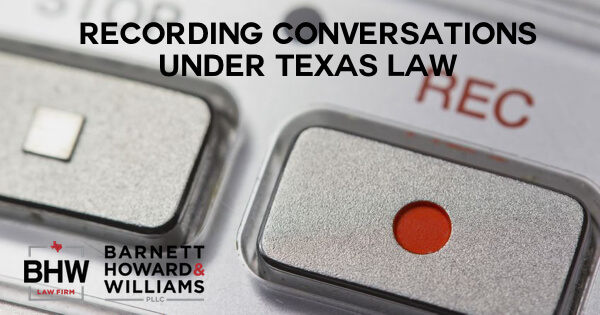Is there really such a thing as a Consensual Police Encounter that ends with an arrest?
 In a case released yesterday from the Texas Court of Criminal Appeals (State v. Castleberry), the CCA went to great lengths to defend and perpetuate the fiction of the consensual police encounter.
In a case released yesterday from the Texas Court of Criminal Appeals (State v. Castleberry), the CCA went to great lengths to defend and perpetuate the fiction of the consensual police encounter.
In Castleberry, the defendant and a friend were walking behind an Uncle Julio’s restaurant in Dallas. They were not engaged in and did not appear likely to engage in criminal conduct. A Dallas police officer approached them and asked for identification. The defendant reached for his waistband. The police officer then ordered appellant to place his hands in the air. The defendant grabbed a baggy of cocaine from his waistband and tossed it on the ground. The trial court suppressed the cocaine, reasoning that the officer did not have “reasonable suspicion” to justify the stop. The 5th District Court of Appeals agreed.
The CCA, on the other hand, held that the lower courts applied the wrong legal standard and characterized the stop as a consensual police encounter. Writing for the majority, Judge Keasler, stated:
Even if the officer did not tell the citizen that the request for identification or information may be ignored, the fact that a citizen complied with the request does not negate the consensual nature of the encounter…We conclude that a reasonable person in [the defendant’s] position would have felt free to decline [the officer’s] request for identification and information.
The obvious question then becomes, what would the CCA preferred the defendant to do? “No, thanks officer, I prefer not to provide any identification or tell you what I am doing. Thank you. Have a nice night.” Had the appellant said that, there is no doubt the court would now be using his noncompliance to justify a more intrusive search. There is absolutely no way for the defendant to win here.
The opinion goes on to suggest police officers (even when they are in uniform) are just like any average citizen.
Because an officer is just as free as anyone to question, and request identification from, a fellow citizen, [the officer’s]conduct shows that the interaction was a consensual encounter.
Ultimately, the CCA reasons that because the defendant could have been reaching for a weapon when he reached into his waistband, the officer’s further pat-down search was justified under Terry.
The CCA concludes:
The Court of Appeals failed to separate [the encounter] into two distinct parts: (1) [The officer’s] initial approach of [the defendant], which was a consensual encounter; and (2) [The defendant’s] act of reaching for his waistband, which provided [the officer] with reasonable suspicion to detain and frisk [the defendant]. We therefore reverse the court of appeals’s judgment, hold the seized contraband to be admissible, and remand the cause to the trial court.










